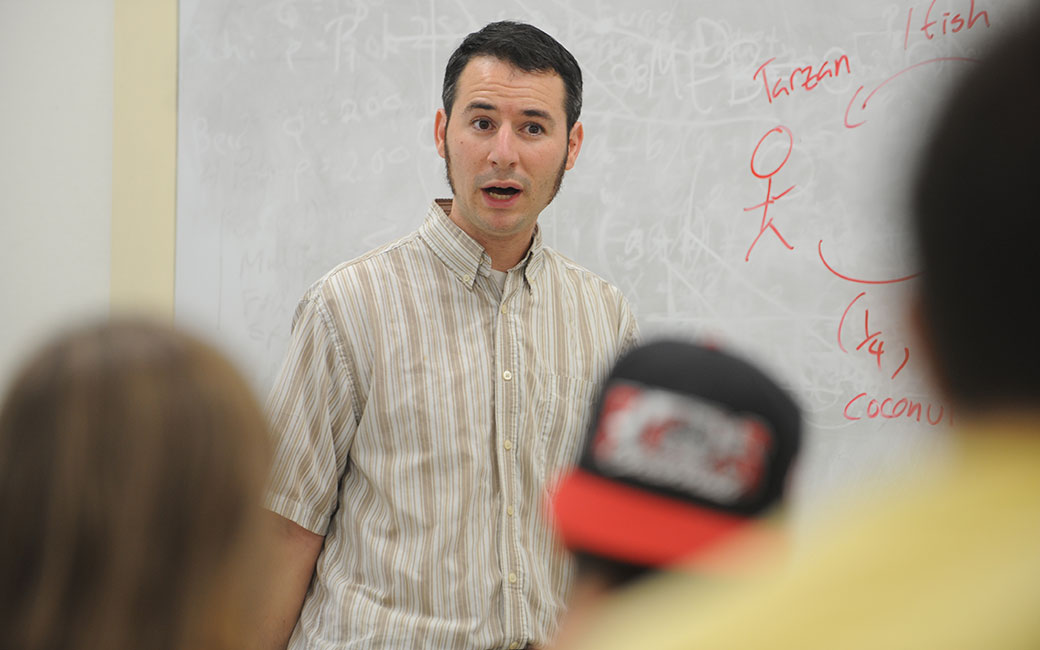TU in the News: Your Quinoa Habit Really Did Help Peru's Poor. But There's Trouble Ahead.
College of Business and Economics associate professor Seth Gitter spoke with NPR's "The Salt" on the economic impact of quinoa's rise in popularity.

Towson University College of Business and Economics associate professor Seth Gitter spoke to NPR's "The Salt" about a paper he recently co-authored with the University of Minnesota's Marc Bellemare on the economic impact in Peru of quinoa's meteoric rise in popularity worldwide.
After studying ENAHO, a national survey in Peru that gathers information about what households grow, spend and eat, Gitter, Bellemare and Johanna Fajardo-Gonzaleze (also from the University of Minnesota) discovered a clear rise in Peruvians' welfare.
The working paper does not mince words: "The claim that rising quinoa prices were hurting those who had traditionally produced and consumed it [is] patently false."
The article also examines quinoa's nutrition and looks ahead to further developments in quinoa production.